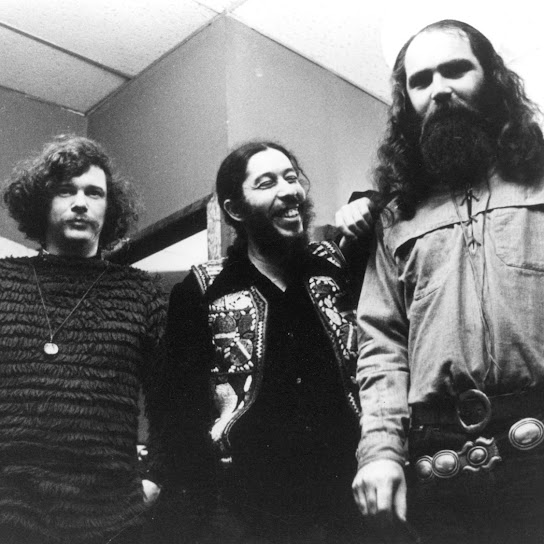The Fugs band emerged from the East Village of New York in the early 1960s, blending rock, folk, and poetry elements into a raw and anarchic sound that would influence the emerging punk movement. With their confrontational lyrics, raucous instrumentation, and countercultural ethos, The Fugs became icons of the underground scene and a voice for the disaffected youth of their time.
The band was formed in 1964 by poets and musicians Ed Sanders and Tuli Kupferberg, who had been part of the Beat scene in New York during the 1950s. Joined by guitarist Ken Weaver, bassist Peter Stampfel, and drummer Steve Weber, The Fugs began playing in small clubs and coffeehouses in the Village, drawing on folk music and poetry traditions to create a style that was both experimental and politically charged.
One of the hallmarks of The Fugs' music was their use of profanity and taboo language, which they employed to challenge the strict social norms of the era. Their songs dealt with topics such as sex, drugs, and politics, often in explicit detail. Their lyrics were infused with irony and satire, reflecting the band's irreverent attitude towards authority and convention.
Musically, The Fugs drew on various influences, including blues, rock, and avant-garde jazz. Their sound was characterized by a loose and improvisational style allowing experimentation and spontaneity. They also incorporated elements of traditional folk music, using acoustic guitars and banjos to create a rustic, down-to-earth feel that contrasted with their more aggressive material.
Despite their unconventional approach, The Fugs quickly gained a following in the Village and began to attract the attention of the mainstream music industry. In 1965, they released their self-titled debut album on the ESP-Disk label, which featured songs such as "I Couldn't Get High" and "Dirty Old Man" that pushed the boundaries of what was considered acceptable in popular music at the time.
The Fugs' subsequent albums, including "Virgin Fugs" (1967) and "It Crawled into My Hand, Honest" (1968), continued to explore themes of sexuality, politics, and spirituality, and their live performances became notorious for their confrontational and unpredictable nature. The band also became involved in various social and political causes, including the anti-war movement and the struggle for civil rights. Their music was seen as a reflection of the broader countercultural movement of the time.
Although The Fugs never achieved mainstream success, their influence on the emerging punk scene of the 1970s was significant. Their raw and uncompromising style and willingness to challenge taboos and conventions set the stage for bands like The Ramones, The Sex Pistols, and The Clash, who would define the punk aesthetic in the years to come.
Today, The Fugs are remembered as pioneers of pre-punk garage rock, whose music and message resonate with a new generation of fans drawn to their irreverent spirit and uncompromising vision.















0 comments:
Post a Comment